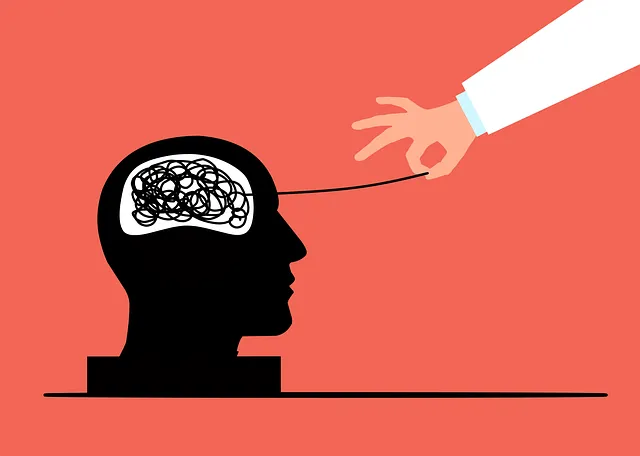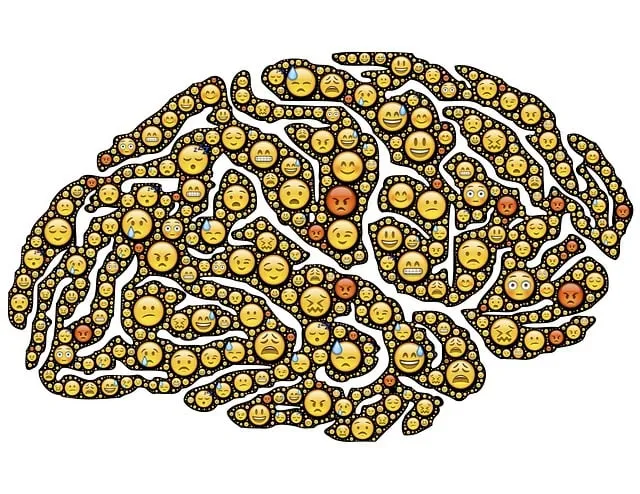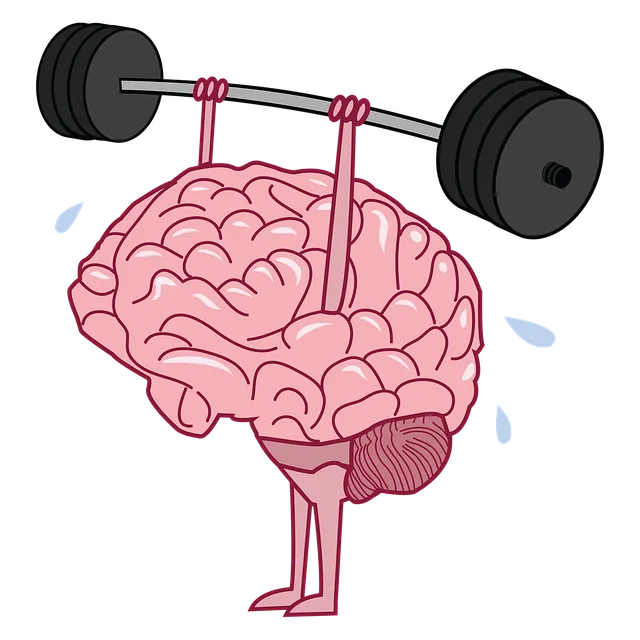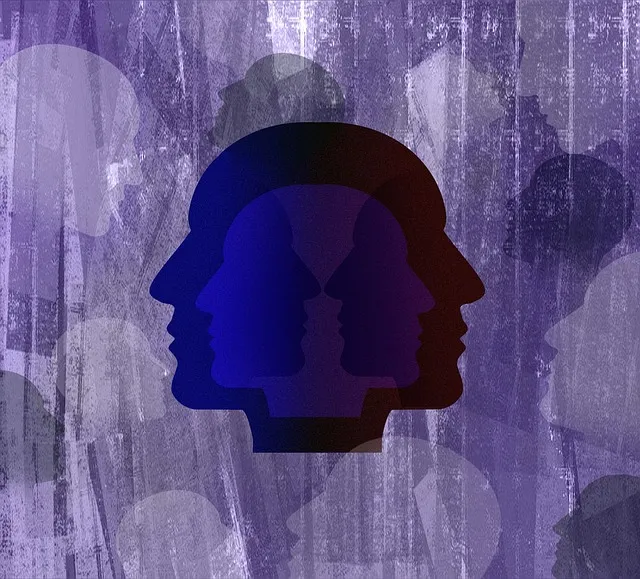In today's fast-paced world, mental wellness is a growing concern, with increasing demand for convenient access to support. Kaiser Permanente's innovative approach in Broomfield leverages mental wellness apps to enhance access to behavioral health services and burnout prevention programs. These apps offer personalized features like mindfulness meditation and stress management workshops, breaking down barriers to care. By integrating technology into both patient care and provider well-being, Kaiser Permanente ensures timely interventions and ongoing support, fostering resilience within their community. Future app development aims to democratize mental health care, offering sophisticated platforms with personalized therapy, coping skills development, and education, ultimately enhancing community wellness.
In today’s digital age, mental wellness apps are transforming healthcare access. With a growing emphasis on mental health awareness, applications offer personalized support for various needs. This article explores the development of an innovative mental wellness app inspired by Kaiser Permanente Behavioral Health Providers in Broomfield, CO. We delve into the critical need for such tools, highlighting their impact on accessibility and care outcomes. The case study provides insights into crafting effective features, while future prospects discuss the app’s potential to revolutionize behavioral healthcare.
- Understanding the Need for Mental Wellness Apps
- Kaiser Permanente Behavioral Health Providers: A Case Study
- Development Process and Key Features
- Future Prospects and Impact on Healthcare
Understanding the Need for Mental Wellness Apps

In today’s fast-paced world, mental wellness is a pressing concern for individuals across various demographics. This is especially true in communities like Broomfield where access to Kaiser Permanente behavioral health providers plays a vital role in addressing psychological needs. With increasing awareness about mental health, there’s a growing demand for accessible and convenient solutions. Mental wellness apps cater to this need by offering personalized support and resources directly to users’ smartphones, breaking down barriers to care.
These digital tools are particularly valuable for communities like Broomfield where implementing a Community Outreach Program can enhance access to Trauma Support Services and Burnout Prevention programs. By leveraging technology, mental wellness apps ensure that individuals receive timely interventions and ongoing support, fostering a sense of well-being and resilience. This is crucial in addressing the increasing mental health challenges faced by modern society.
Kaiser Permanente Behavioral Health Providers: A Case Study

Kaiser Permanente Behavioral Health Providers in Broomfield serves as an excellent case study for innovative mental wellness app development. This healthcare organization has been at the forefront of integrating technology to enhance their services, focusing on both patient care and provider well-being. They’ve successfully implemented apps tailored for burnout prevention strategies for healthcare providers, incorporating features like mindfulness meditation and stress management workshops. These digital tools have not only improved access to mental health resources but also fostered a culture of self-care within the provider community.
The organization’s approach underscores the growing importance of integrating wellness into healthcare delivery systems. By prioritizing the well-being of their behavioral health providers, Kaiser Permanente ensures sustained quality care for patients. This case study highlights how digital interventions can play a pivotal role in addressing burnout and promoting resilience among healthcare professionals, ultimately contributing to better patient outcomes.
Development Process and Key Features

The development process of a mental wellness app involves careful planning and collaboration with experts in the field. It begins with identifying the target audience’s specific needs, followed by designing intuitive user interfaces that encourage consistent engagement. Key features often include personalized meditation and mindfulness exercises, mood tracking tools, and access to Kaiser Permanente behavioral health providers in Broomfield for virtual consultations. These functionalities aim to promote Stress Management and Coping Skills Development among users.
Furthermore, incorporating educational content on Healthcare Provider Cultural Competency Training can enhance the app’s effectiveness, ensuring that users receive support tailored to their unique cultural backgrounds. By integrating evidence-based practices and regularly updating content based on user feedback, mental wellness apps have the potential to revolutionize access to care, making professional support more accessible and convenient for individuals seeking emotional well-being.
Future Prospects and Impact on Healthcare

The future of mental wellness app development holds immense potential to transform healthcare, particularly in areas like Broomfield where access to Kaiser Permanente behavioral health providers is a priority. These innovative tools can democratize mental health services, making them more accessible and affordable for individuals who may face barriers in traditional care settings. With advancements in technology, apps are evolving from simple tracking mechanisms to comprehensive platforms offering personalized therapy sessions, coping skills development, and mental health education programs design.
Integrating compassion cultivation practices into app-based interventions has shown promise in reducing stress and promoting well-being. By leveraging these digital tools, healthcare providers like Kaiser Permanente can reach a broader audience, offer ongoing support, and even prevent the escalation of mental health issues. This shift towards digital therapeutics could lead to more effective, data-driven approaches, ultimately improving patient outcomes and enhancing overall community wellness.
Mental wellness apps have emerged as a powerful tool, particularly highlighted by Kaiser Permanente’s successful implementation in Broomfield. By understanding user needs and leveraging technology, these applications can significantly impact healthcare, offering accessible and personalized support for mental well-being. As the development process evolves, future prospects look promising, with potential to reach a broader audience and contribute to improved overall health outcomes.






